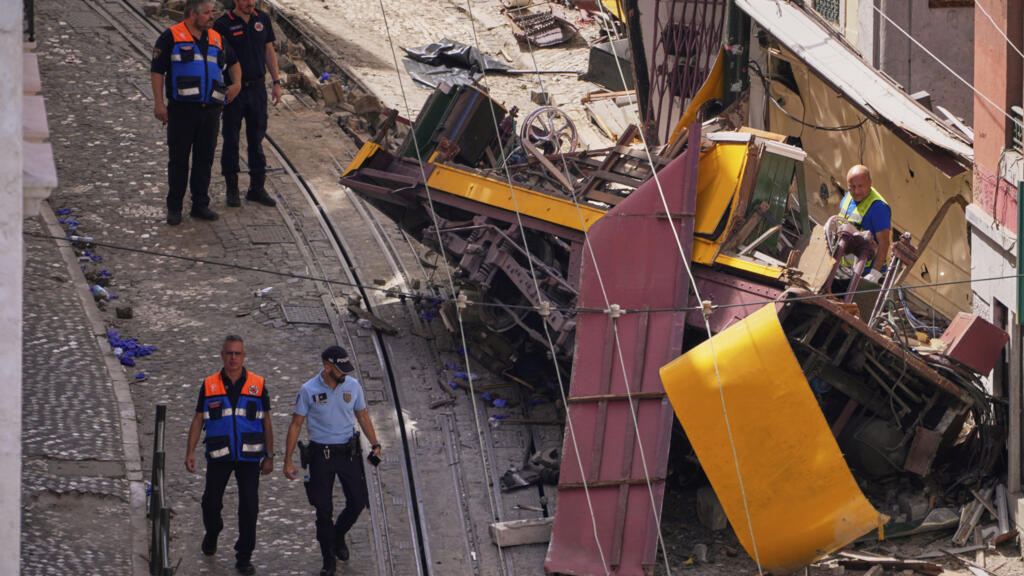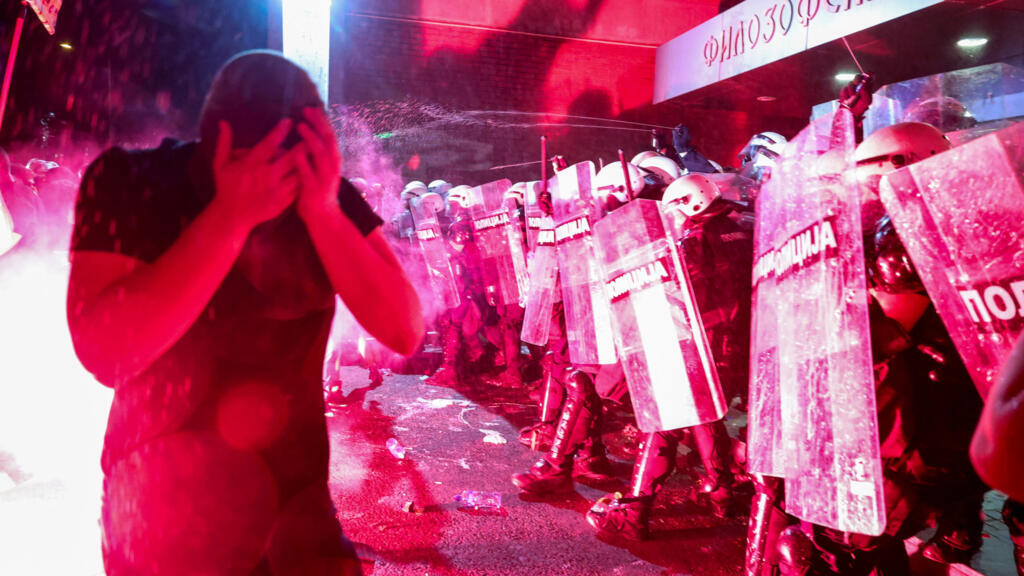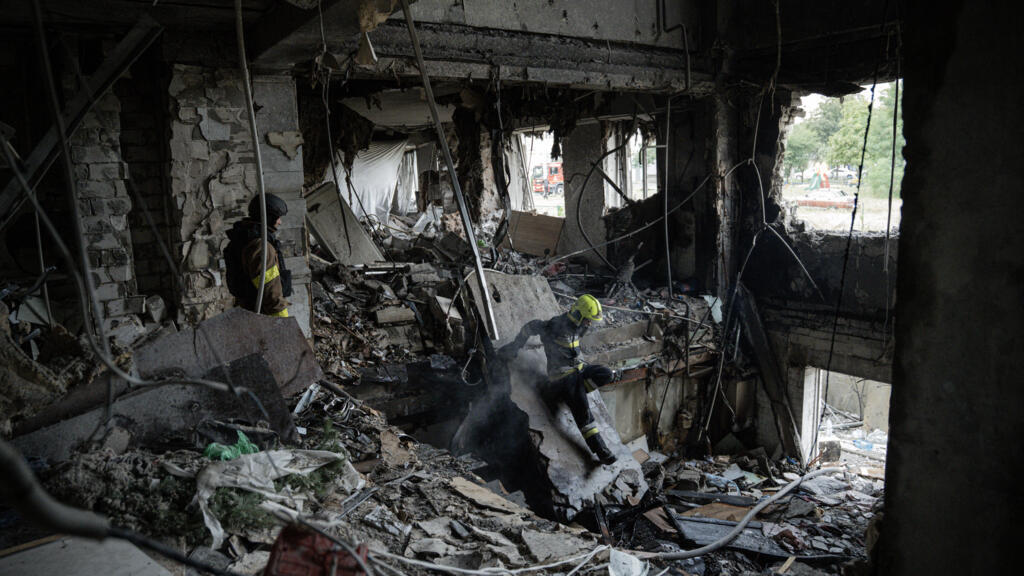Tragic Lisbon Funicular Train Derailment Claims Life of French Tourist
A catastrophic accident occurred earlier this week in Lisbon, where a funicular train derailed, leading to the tragic deaths of 16 individuals, including a French woman. This incident has drawn significant attention as Portuguese authorities work to uncover the detailed causes behind the unexpected calamity.
According to France's Foreign Minister, the deceased French national was confirmed as part of the fatalities stemming from the crash of the cable car, which is a popular attraction for both locals and tourists. The incident has left families devastated and raised concerns regarding safety measures in place for such tourist operations.
The funicular train, known for its scenic route and historical significance, suddenly lost control while traversing a steep hill, resulting in it careening into a nearby building. Eyewitness reports suggest an alarm was raised just prior to the accident, but the specifics of what transpired remain under investigation. Survivors described the horrifying moments leading up to the crash, expressing shock at the speed and severity of the derailment.
Portuguese officials have launched a comprehensive inquiry to understand the mechanical and human factors that may have contributed to this tragic event. Preliminary investigations are focusing on the condition of the railway infrastructure, as well as the operational protocols followed by the funicular staff. As part of this inquiry, authorities will examine maintenance records and the qualifications of the personnel operating the funicular when the incident occurred.
Local media have reported that the funicular is integral to Lisbon's tourism, attracting numerous visitors who seek to experience the city's rich culture from a unique vantage point. Following the accident, tourism officials have emphasized the need for heightened safety standards, ensuring that such tragedies are averted in the future. The city has a history of funicular systems that date back to the 19th century, reflecting its hilly terrain and offering a charming mode of transport across steep routes.
As the investigation continues, questions are arising regarding regulatory oversight of tourist transport services in Portugal. Industry experts suggest that the country may need to reassess its safety regulations for cable cars and funiculars, particularly as tourism continues to play a vital role in the nation's economy. This incident serves as a stark reminder of the potential dangers that accompany such attractions, reinforcing the imperative for rigorous safety checks and balances.
In light of this tragic event, the Portuguese government has expressed its condolences to the families affected, particularly the family of the French victim. As the community mourns the loss of life, officials have pledged to keep the public informed regarding the progress of the investigation and any relevant findings that emerge in the coming days.
As of now, the focus remains on understanding the full circumstances surrounding the derailment, with authorities keen on ensuring that lessons are learned to prevent future incidents. The appeals to maintain safety in tourist attractions echo more loudly following this tragedy, highlighting the need for vigilance in preserving the well-being of both locals and visitors alike.












